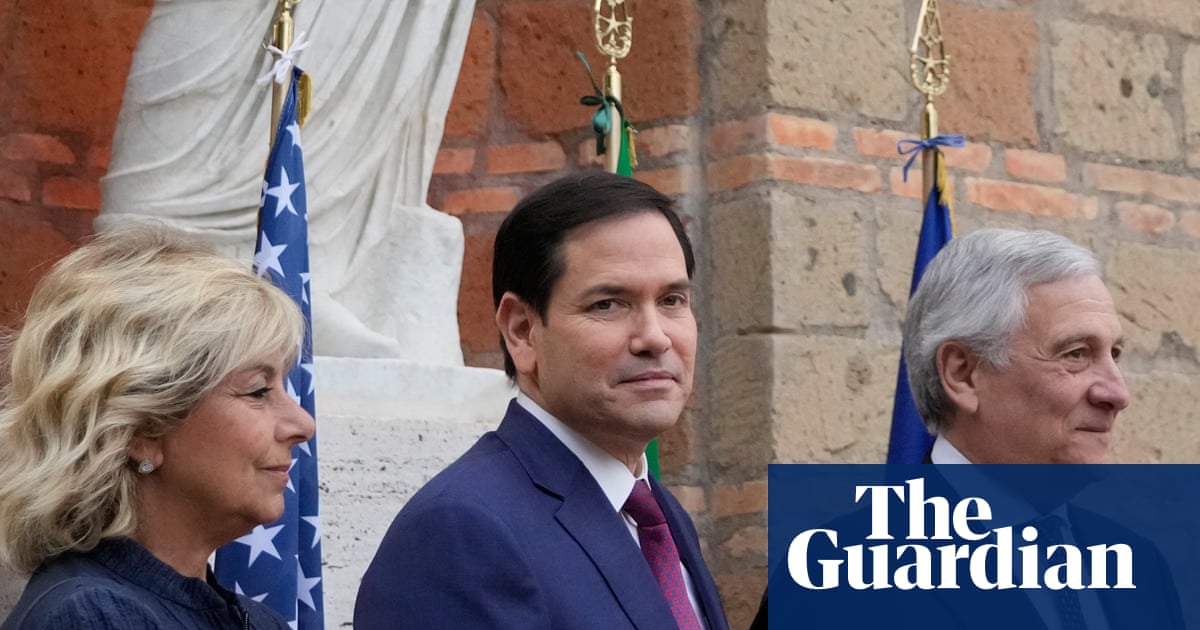Trump and World Leaders Seek to Address Ukraine Crisis Amid Escalating Violence










2025-05-18T00:25:00Z

In a significant diplomatic move, U.S. President Donald Trump plans to engage in a conversation with Russian President Vladimir Putin on Monday. His aim is to intervene in the ongoing war in Ukraine, which has tragically resulted in the loss of thousands of soldiers each week. Trump emphasized the urgent need to halt what he termed a “bloodbath” and suggested that discussions could also benefit trade relations. In a post on social media platform X, Trump expressed his intention to follow up his conversation with Putin by speaking to Ukrainian President Volodymyr Zelenskyy to expedite efforts aimed at ending the conflict.
The situation in Ukraine has drawn mixed responses from European leaders. Both German Chancellor Friedrich Merz and Italian officials have recently stated that Europe is still quite distant from considering the deployment of troops to support Ukraine. In light of ongoing hostilities, their primary focus remains on negotiating an unconditional ceasefire with Russia. Merz underscored this sentiment, stating that there is “no reason” to discuss troop deployments at this juncture, emphasizing that Europe is “far from that.”
Amidst these diplomatic efforts, a tragic incident occurred that has amplified calls for action. President Zelenskyy urged for more stringent sanctions against Russia following a devastating airstrike that targeted a minibus, resulting in the deaths of nine civilians. The vehicle was reportedly engaged in evacuating individuals from a town in the Sumy region, which has been subjected to continuous Russian assaults. Zelenskyy took to X to express his outrage, stating, “All the deceased were civilians,” and condemned the attack as a “deliberate killing of civilians,” highlighting that the Russians must have recognized the nature of their target.
In Rome, Zelenskyy has been actively meeting with several world leaders, rallying support for Ukraine during these critical negotiations. His discussions are centered around achieving a ceasefire, securing humanitarian aid commitments from international allies, and exploring avenues for rebuilding Ukraine post-conflict. The urgency of these talks is palpable as the war continues to wreak havoc on the region.
Adding to the diplomatic dialogue, U.S. Secretary of State Marco Rubio suggested a potentially neutral site for future peace talks: the Vatican. This proposal draws on the historical commitment of the Vatican, particularly referencing Pope Leo XIV’s pledge to facilitate peace efforts. Rubio conveyed his belief that the Vatican could serve as a comfortable environment for both parties to engage in meaningful discussions aimed at resolving the conflict.
On the other hand, Russia’s Foreign Minister Sergei Lavrov engaged in conversation with Rubio, expressing his appreciation for what he described as the “positive role” of the U.S. in promoting ongoing negotiations between the Kremlin and Ukraine. However, the mood remains tense as Russia's chief negotiator issued a sobering reminder of the potential length of the conflict. Vladimir Medinsky, during discussions, stated, “We don’t want war, but we are ready to fight for a year, two, three – as long as it takes.” He referenced past military engagements, noting, “We fought with Sweden for 21 years. How long are you ready to fight?” This statement starkly illustrates the Kremlin's readiness to prolong the conflict if necessary, raising concerns about the path forward for Ukraine.
 Robert Jackson
Robert Jackson
Source of the news: The Guardian